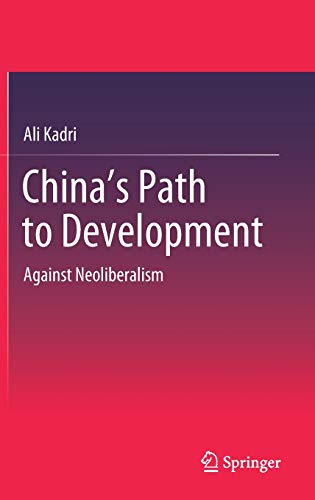

Most ebook files are in PDF format, so you can easily read them using various software such as Foxit Reader or directly on the Google Chrome browser.
Some ebook files are released by publishers in other formats such as .awz, .mobi, .epub, .fb2, etc. You may need to install specific software to read these formats on mobile/PC, such as Calibre.
Please read the tutorial at this link: https://ebookbell.com/faq
We offer FREE conversion to the popular formats you request; however, this may take some time. Therefore, right after payment, please email us, and we will try to provide the service as quickly as possible.
For some exceptional file formats or broken links (if any), please refrain from opening any disputes. Instead, email us first, and we will try to assist within a maximum of 6 hours.
EbookBell Team

0.0
0 reviewsThis book is a treatise against neoliberalism illuminated by the path of China. China is a model to be mimicked, but more so theoretically than by replication. If anything, nations of the global South must rid themselves of neoliberally imposed ‘one-size-fits all’ models, instrumentalised to shift value to US empire. Neoliberal models, robbing nations of their histories and resources, are negative ‘best practice’ serving the interests of the hegemon. Developing nations need to search for the theory that corresponds to their own conditions and development strategies. China’s experience, anchored in labour as the historical agent, offers numerous theoretical cues as to how to build comparable home-grown paths. Thinking development with a subject voids reductionist politics in favour of sober class analysis. The study concludes by restating the age-old wisdom that there is no development without the rule of labour.